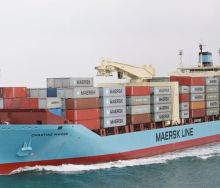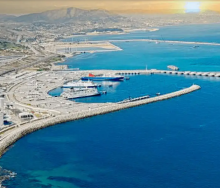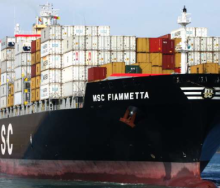International transport and logistics executives using container shipping must adapt their procurement and contract strategies according to ocean freight procurement consultancy Drewry Supply Chain Advisors, highlighting that this was as they are facing the biggest shift in their ocean provider base.
“In the last five years, beneficial cargo owners (BCOs) have been able to secure large reductions in freight costs by running traditional competitive bids with numerous providers in an over-supplied, fragmented market,” said head of Drewry Supply Chain Advisors, Philip Damas.
“Today’s business environment is starkly different, so we are now proactively advising our BCO customers that last year’s contract strategy will simply not work as a blueprint for the forthcoming annual ocean tender,” he added.
Damas pointed to rapid consolidation in the supplier base, changes in supplier behaviour, and huge reductions in vessel orders as the main contributors to change and uncertainty in the ocean transport procurement environment.
The statement noted that orders for new containerships had decreased to US$2 billion in 2016 from US$17 billion in the previous year and that the capacity of new containership deliveries were expected to increase from around 900 000 TEU in 2016 to 1.1 million TEU this year.
The shipping consultancy also observed that some major routes, such as Asia-North Europe, were typically seeing container annual freight rate increases of about 50%.
“In such a market, Drewry believes that BCOs will need to rethink their contract negotiation strategy and that by incorporating benchmarking and e-sourcing best practices in their tender management process, rate increases can be mitigated,” added Damas.
He also highlighted the use of big data and optimisation as ways to help find the best combination of bids to meet the balance between cost and service for BCOs’ many different lanes or supply chains.













